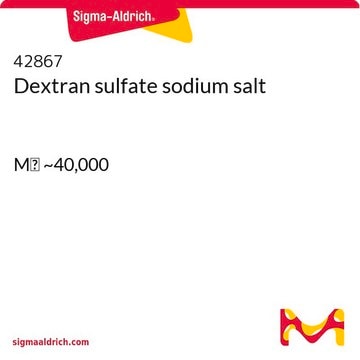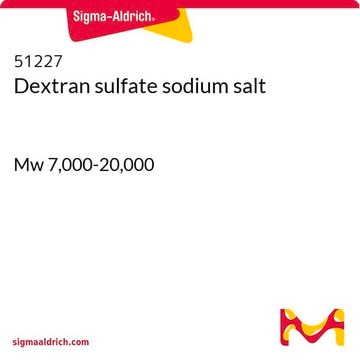WGA3
GenomePlex® WGA Reamplification Kit
Reamplification of WGA product with minimal bias
Synonyme(s) :
GenomePlex® whole genome amplification reamplification kit, Whole genome reamplification kit
About This Item
Produits recommandés
Niveau de qualité
Technique(s)
whole genome amplification: suitable
Conditions d'expédition
wet ice
Température de stockage
−20°C
Description générale
Application
Autres remarques
Informations légales
Composants de kit seuls
- Deoxynucleotide Mix, 10 mM
Composants de kit également disponibles séparément
- D7295Deoxynucleotide Mix, 10 mM, Molecular Biology Reagent .2 mLFDS
Produit(s) apparenté(s)
Mention d'avertissement
Danger
Mentions de danger
Conseils de prudence
Classification des risques
Resp. Sens. 1
Code de la classe de stockage
12 - Non Combustible Liquids
Point d'éclair (°F)
Not applicable
Point d'éclair (°C)
Not applicable
Certificats d'analyse (COA)
Recherchez un Certificats d'analyse (COA) en saisissant le numéro de lot du produit. Les numéros de lot figurent sur l'étiquette du produit après les mots "Lot" ou "Batch".
Déjà en possession de ce produit ?
Retrouvez la documentation relative aux produits que vous avez récemment achetés dans la Bibliothèque de documents.
Les clients ont également consulté
Notre équipe de scientifiques dispose d'une expérience dans tous les secteurs de la recherche, notamment en sciences de la vie, science des matériaux, synthèse chimique, chromatographie, analyse et dans de nombreux autres domaines..
Contacter notre Service technique










